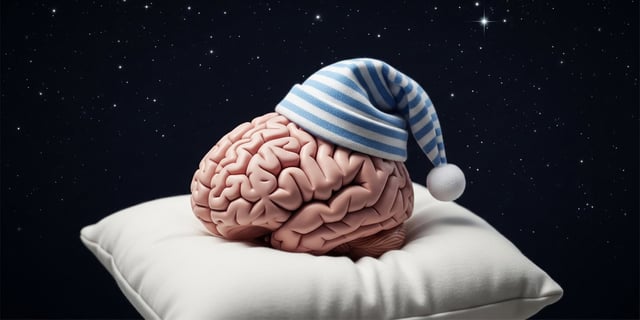Overview
- Researchers linked seven self-reported sleep dimensions and 118 biopsychosocial measures to identify five reproducible profiles in the Human Connectome Project dataset.
- Two broad patterns emerged: one combining generally poor sleep with higher depression, anxiety and stress, and another showing mental-health issues with relatively preserved sleep described as sleep resilience.
- A profile marked by sleep-aid use was associated with poorer visual episodic memory and emotion recognition alongside higher satisfaction in social relationships.
- Shorter sleep duration (under roughly 6–7 hours) was tied to worse performance on tasks involving emotional processing, language and reaction time, and to increased aggressive behaviors.
- A disturbances-centered profile (frequent awakenings and related issues) correlated with anxiety and thought problems, language and working-memory deficits, and higher substance use, with each profile showing a distinct resting-state fMRI connectivity pattern.



